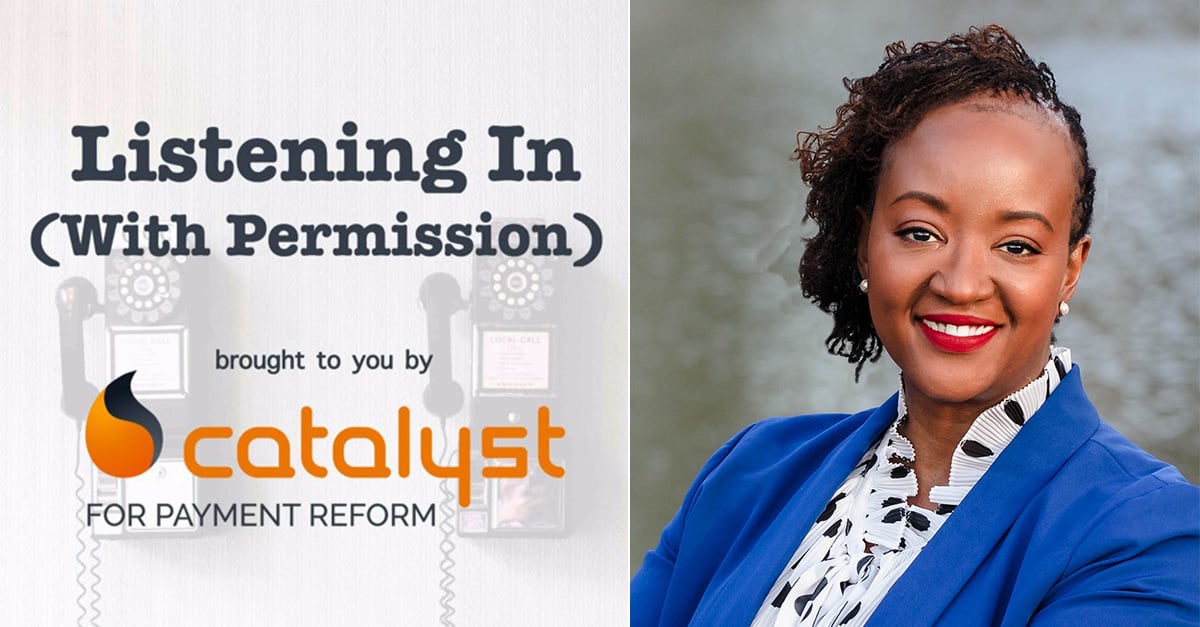Health equity is becoming a ubiquitous term in healthcare as the Centers for Medicare & Medicaid Services (CMS) and others have increased their focus on improving health outcomes for populations that historically have been underserved by the healthcare system. As defined by CMS, health equity refers to "the attainment of the highest level of health for all people, where everyone has a fair and just opportunity to attain their optimal health regardless of race, ethnicity, disability, sexual orientation, gender identity, socioeconomic status, geography, preferred language, or other factors that affect access to care and health outcomes."
How can health plans, employers, and other healthcare stakeholders build a scalable health equity strategy? Cotiviti’s Rachael Jones, senior vice president of performance analytics and quality, joined Catalyst for Payment Reform to discuss this question on the podcast Listening In (With Permission).
“Hope is not a strategy. You can’t just hope for this problem to go away. You really have to have a comprehensive strategy that looks at clinical data, financial data, member stratification, and gaps in care—and then prioritizing that to figure out where you want to start.”
Listen to Rachael’s interview as she discusses how to:
- Develop a data-driven strategy to begin addressing health equity
- Identify the barriers to health equity beyond race, income, and gender
- Empower members through addressing social determinants of health and improving health literacy






